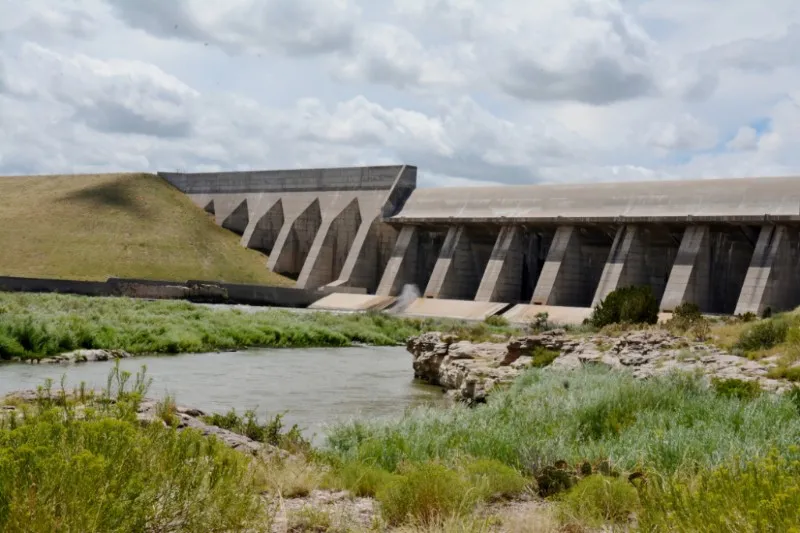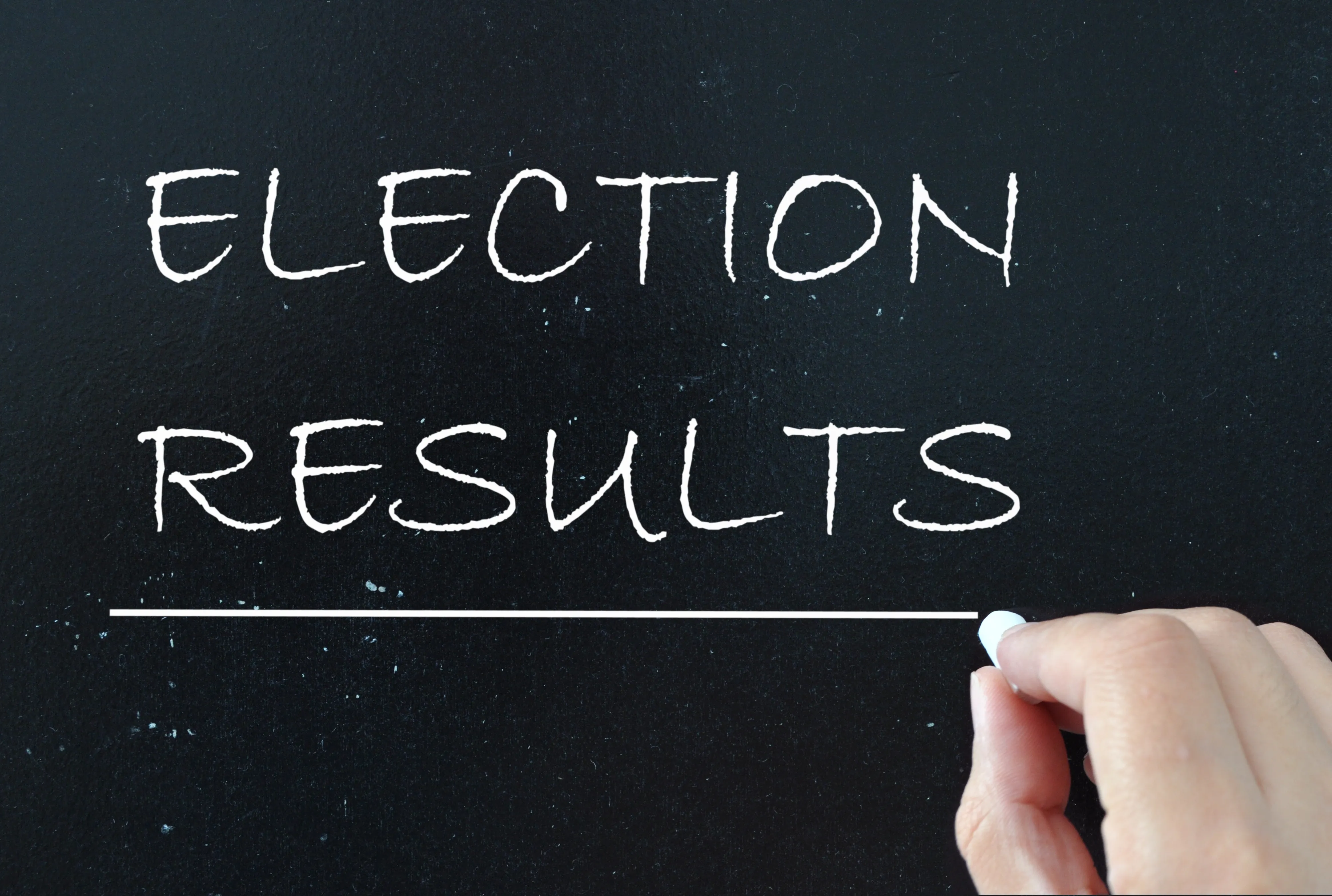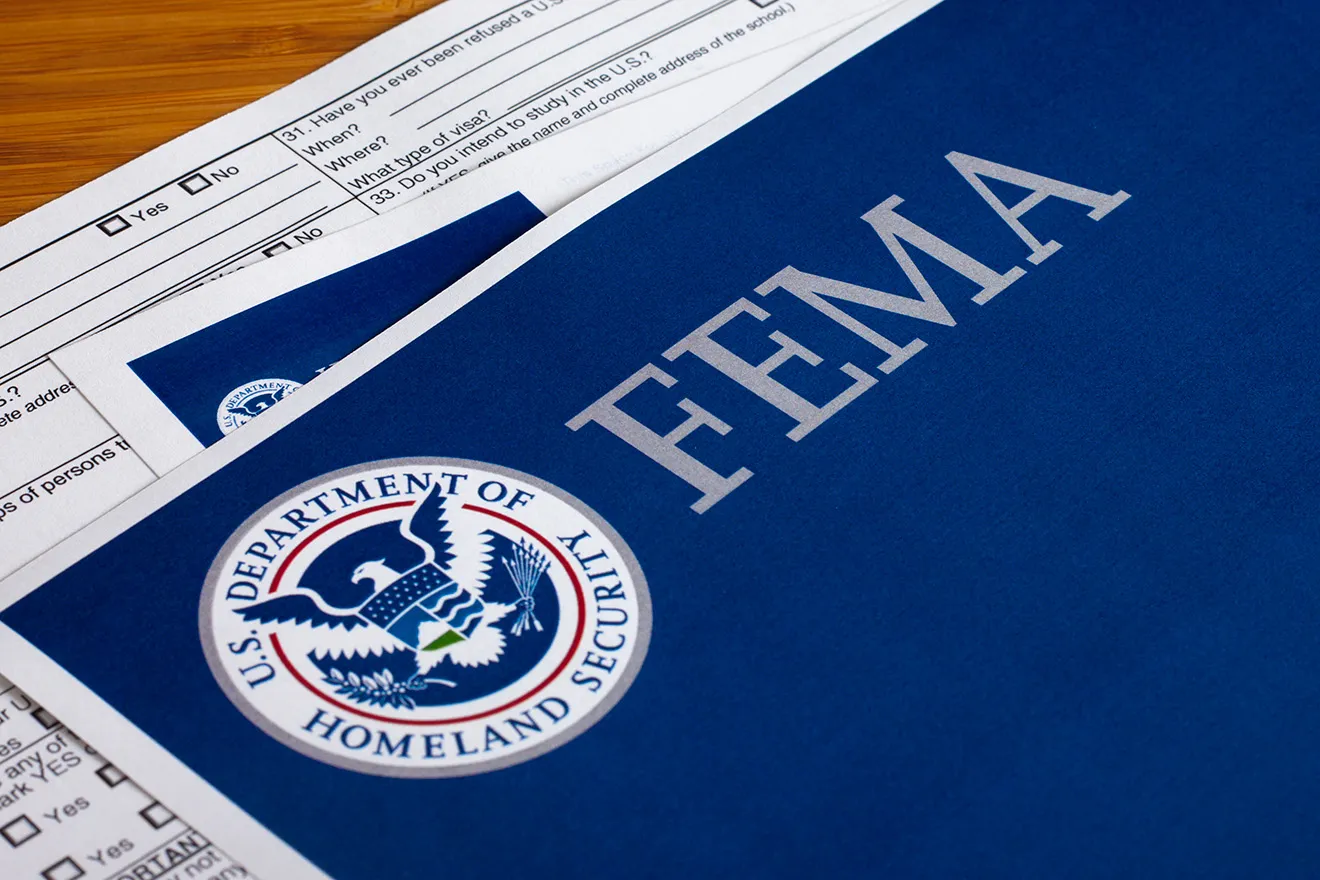
Daily Audio Newscast - October 2, 2024
News from around the nation.
Hurricane Helene's death toll nears 160 as rescue efforts continue. US Navy intercepts Iranian missiles targeting Israel. Meanwhile, wildfires in Colorado accelerate snowpack melt, affecting water supplies, and a listeria outbreak linked to deli meats has caused 10 deaths.
Transcript
The Public News Service Daily Newscast, Tuesday, October 2nd, 2024.
I'm Farah Sadiqi.
Hurricane Helene's death toll has risen to nearly 160 as rescue teams search for survivors across the southeast.
The storm left many without power or cell service, but recovery efforts are in progress.
Meteorologists report a 40 percent chance of another tropical system developing this week.
The U.S. Navy fired interceptors against Iranian missiles after Iran attacked Israel.
The IDF confirmed one Palestinian killed in Jericho, while Israeli airstrikes on Lebanon left 55 dead and 156 injured, according to Lebanon's health ministry.
And now, wildfires linked to climate change are impacting Coloradans drinking water.
As a warming climate brings bigger and more frequent wildfires, burn scars left behind at high mountain altitudes are seeing snowpack melt much faster than non-burned areas, according to new research by Colorado State University.
Lead author Wyatt Reese says snowpacks act as massive water reservoirs during winter months.
Until now, they've melted slowly in the spring, sending water used for drinking, agriculture and other uses to millions in Colorado and across the West.
And those snowpacks melting at a quicker rate puts more stress on the infrastructure that we have in place that will need to be managed differently so that there is enough water for those downstream uses.
Rising temperatures have already changed the timing of when snow melts, and the state's water managers are working to capture earlier flows.
I'm Eric Galatas.
Fruits and vegetables are a key part of a balanced diet as adults mature.
Our Terri Dee reports some barriers are hindering older Americans' ability to eat nutritiously.
American Health Rankings claims nearly 14 percent of Illinoisans aged 60 and above were food insecure in the last 12 months.
Registered dietitian Christiana Williams explains the lack of food access has also impacted or caused by psychological and mobility factors.
Many of them are living alone and/or can't drive anymore, which can really impact their motivation to want to actually go out and choose healthy options.
From that mental aspect, it can be super frustrating to lose that sense of independence.
She says standing for long periods to prep and cook meals can also create more limitations.
A recent foodborne illness outbreak among deli meats is putting the spotlight on how these foods are regulated.
Eric Tegethoff reports.
The listeria outbreak in Boar's Head products has led to 10 deaths and at least 59 people sickened across the country.
Jovana Kovacevic is a listeria expert with the Oregon State University Food Innovation Center.
She says it's important to know that listeria is prevalent in the natural environment.
It would encourage industry to sample more and once they find positives, it would help them act before the food becomes contaminated and before any contaminated foods end up in the commerce.
Kovacevic says listeria is most harmful for vulnerable populations.
This is Public News Service.
Voters next month will be shaping how future elections operate in many states, including South Dakota, where nonpartisan primaries are on the ballot.
Constitutional Amendment H would shift primaries in South Dakota to an open top-two system.
Every voter would get a single primary ballot listing all candidates, and the two in each race with the most votes move on.
Currently, political parties decide which registered voters can participate in their primaries.
The Democratic Party now allows registered Democrats, independents, and unaffiliated voters to do so, but Republicans have a closed primary for registered party members only.
Joe Kirby with South Dakota Open Primaries says changing the system would increase participation.
Candidates would change their messaging so they would appeal to all voters in the state instead of, as they currently do, appealing to the partisan few that show up for our primary elections.
Only 17 percent of registered voters in South Dakota cast ballots in this year's primaries, according to the Secretary of State.
Kirby says under the current system, more than 150,000 voters are left out.
I'm Kathleen Shannon.
And New York is working to address its maternal mortality rates.
Our Edwin J. Vieira reports.
The state's Department of Health finds between 2018 and 2020 there were 121 pregnancy-related deaths, but close to 74 percent of them could have been prevented.
The findings also show Black women had a maternal mortality rate five times higher than white women.
Chanel Porche Albert with Ancient Song says midwives and doulas can be a solution.
The doula is able to do home visits, is coming in, is providing emotional well-being, helping them to get prepared for the birth, as well as postpartum care.
New York's Department of Health issued a standing order expanding access to doula services.
This includes creating a $250,000 doula expansion grant program in the Department of Health's doula directory.
This helps people find doulas who can provide services to Medicaid members.
The cost of a graduate degree in the U.S. tripled between 2000 and 2020, according to a new report.
People with master's degrees, law or medical degrees, or Ph.D.s still earn higher incomes than those with other credentials.
But decreasing state investment in public higher education has led many schools to pass their costs on to students.
Catherine Morris with the Georgetown University Center on Education and the Workforce says as more federal aid becomes available, some universities are increasing tuition.
Meanwhile, the median debt held by graduate students has increased from $34,000 to $50,000 over the same time period.
Still Morris says graduate enrollments are growing.
The report offers a debt-to-earnings test students can take to help them better understand the financial implications of going to grad school.
New Hampshire has the sixth highest rate of student loan debt in the nation.
I'm Catherine Carley reporting.
This is Farah Siddiqui for Public News Service.
For more on the latest news, head to our website at www.publicnewsservice.org.

















